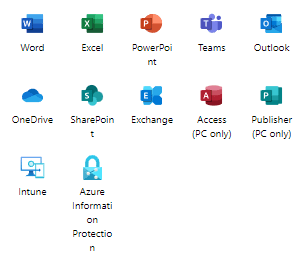Software Feature
Custom Permissions

Custom Permissions: Enhancing Access Control and Security as a Software Feature
Custom permissions, as a software feature, refer to the capability of granting or restricting specific access rights and privileges to users or user groups within a software application or system. It provides fine-grained control over users’ actions or functionalities, ensuring secure and tailored access to sensitive information and functionalities.
Enhancing Access Control
With custom permissions, administrators or system owners have granular control over user access rights. They can define and assign permissions based on roles, user groups, or individual users, ensuring that users can access only the necessary features, data, or functionalities required for their positions or responsibilities.
Securing Sensitive Information
Custom permissions are crucial in ensuring sensitive information within a software application. Organizations can protect sensitive information from unauthorized access or misuse by restricting access to confidential data or critical functionalities. This feature helps maintain data integrity, confidentiality, and compliance with privacy regulations.
Tailoring User Experience
Custom permissions allow organizations to tailor the user experience based on specific user roles or groups. By granting or restricting access to certain features or functionalities, organizations can provide users with a personalized and streamlined experience, presenting them with relevant information and tools while maintaining data security and privacy.





